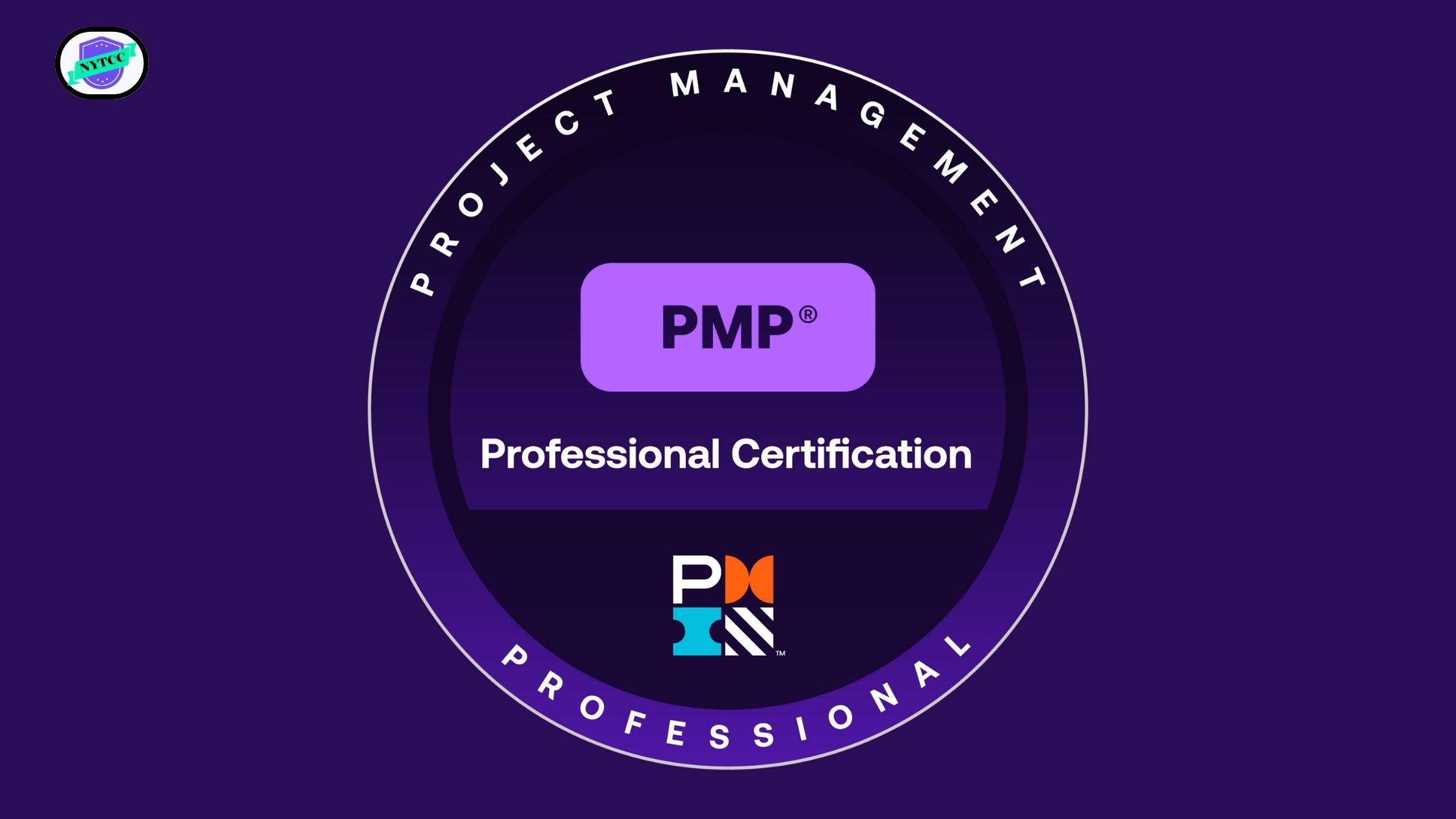Why a Project Management Certification in New York is Your Career Game-Changer
New York City, the bustling hub of global business, finance, and innovation, demands professionals who can lead complex projects with precision. In this competitive landscape, a project management certification isn’t just a credential—it’s a career lifeline. Among the most sought-after certifications is the Project Management Professional (PMP) by the Project Management Institute (PMI). This guide explores why pursuing a PMP certification in New York can elevate your career, unlock high-paying opportunities, and position you as a leader in your field.
Why Pursue a Project Management Certification in New York?
New York’s economy thrives on industries like finance, tech, healthcare, and construction, all of which rely on skilled project managers. Here’s why earning a project management certification here is strategic:
- High Demand for Certified Professionals
Organizations in NYC prioritize PMP-certified managers to ensure projects align with timelines, budgets, and stakeholder expectations. Certified professionals are 30% more likely to secure leadership roles. - Salary Boost
PMP-certified managers in New York earn 25% more on average than non-certified peers, with salaries often exceeding $120,000 annually. - Networking Opportunities
NYC hosts PMI chapters, industry conferences, and meetups, offering unparalleled networking with top-tier professionals. - Global Recognition
The PMP is respected worldwide, making it ideal for professionals eyeing international roles or remote opportunities.
What is the PMP Certification?
The PMP is the gold standard for project management certification, validating your expertise in methodologies like Agile, Waterfall, and hybrid approaches. Administered by PMI, it requires:
- A four-year degree, 36 months of project leadership experience, and 35 hours of training.
- OR a high school diploma, 60 months of experience, and 35 hours of pmp training.
The exam tests your knowledge of processes like risk management, stakeholder communication, and resource allocation.
6 Benefits of PMP Certification in New York
1. Stand Out in a Competitive Job Market
With NYC’s saturated talent pool, a PMP credential signals mastery of PMI’s frameworks, setting you apart from non-certified candidates.
2. Command Higher Salaries
Certified professionals leverage their expertise to negotiate better compensation, especially in high-stakes industries like finance and tech.
3. Access to Top Employers
Companies like JPMorgan Chase, Pfizer, and Google NYC actively seek PMP-certified managers to lead critical initiatives.
4. Enhanced Leadership Skills
The certification sharpens your ability to manage cross-functional teams, mitigate risks, and deliver results under pressure.
5. Career Flexibility
PMP skills apply across industries, allowing you to pivot between sectors like healthcare, construction, or fintech.
6. Professional Credibility
Earning a project management certification like PMP demonstrates commitment to excellence, boosting trust with employers and clients.
How to Earn Your PMP Certification in New York
- Meet Eligibility Requirements
Verify your experience and education aligns with PMI’s guidelines. - Enroll in a PMP Prep Course
NYC offers in-person and online training programs, like those at NYTCC, which provide the required 35 contact hours. - Apply for the Exam
Submit your application via PMI’s portal and schedule your test at a local Pearson VUE center. - Leverage Study Resources
Use PMI’s PMBOK Guide, practice exams, and study groups to prepare. - Pass the Exam
The 180-minute exam includes 180 scenario-based questions. Aim for a score above the proficiency threshold.
Why New York is Ideal for PMP Certification
- Industry Diversity: Manage projects in finance, tech, media, or startups.
- Training Excellence: Access top-rated PMP bootcamps and workshops.
- Career Growth: NYC’s Fortune 500 companies offer rapid advancement for certified professionals.
FAQs About Project Management Certification in New York
Q: Is PMP certification worth it in NYC?
A: Absolutely! The ROI includes higher salaries, leadership roles, and industry recognition.
Q: How long does PMP certification take?
A: Most candidates prepare for 2–3 months after meeting eligibility.
Q: Can I take the PMP exam online?
A: Yes—PMI offers online proctored exams for flexibility.
Conclusion: Transform Your Career with a Project Management Certification
In a city where ambition meets opportunity, a project management certification like the PMP is your ticket to standing out, leading impactful projects, and achieving financial success. Whether you’re a seasoned manager or aspiring leader, New York’s dynamic environment demands the best—and the PMP credential proves you’re ready.
Ready to take the next step? Explore PMP certification programs in New York today and join the ranks of elite project managers shaping the future of industries.


